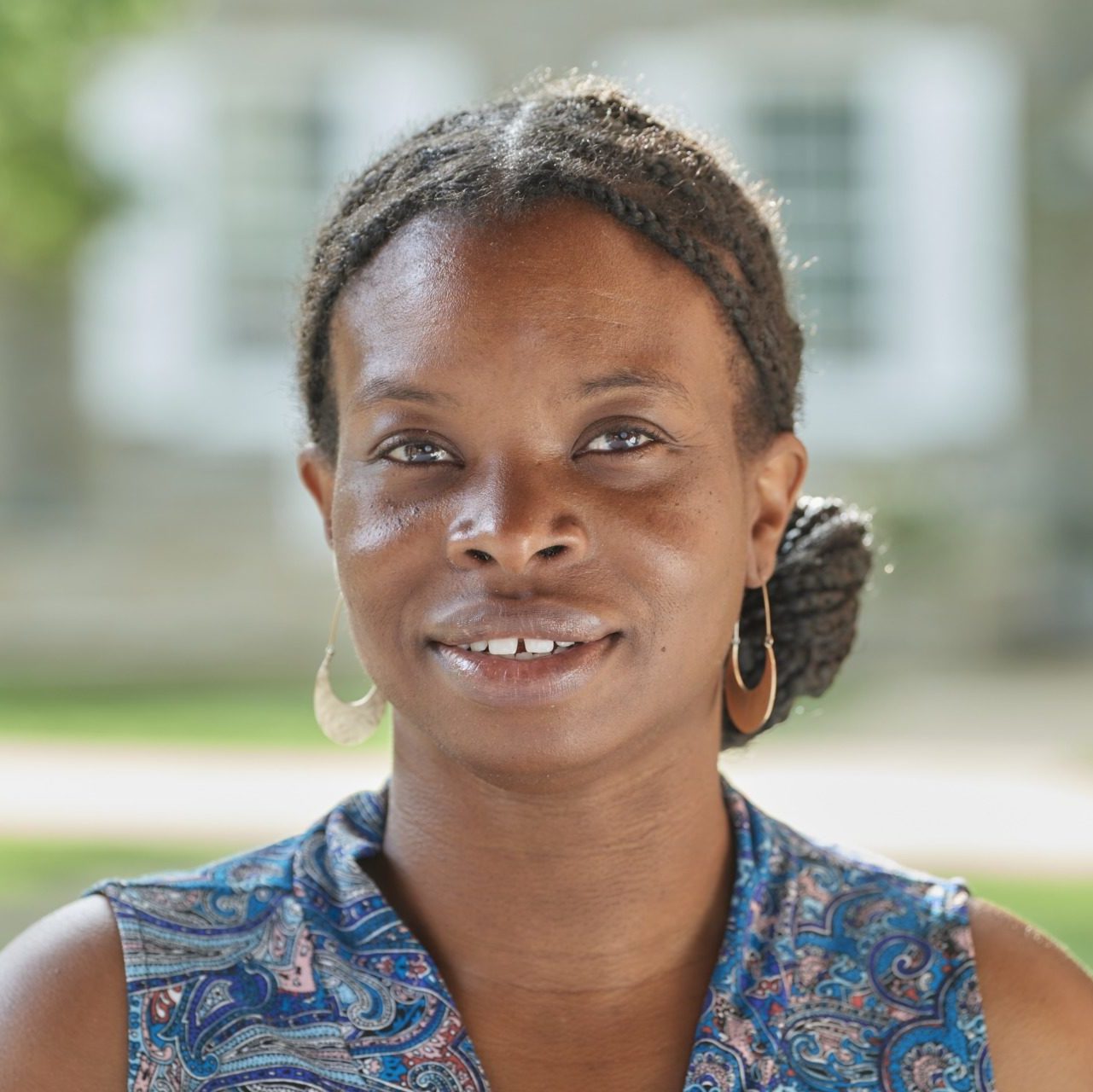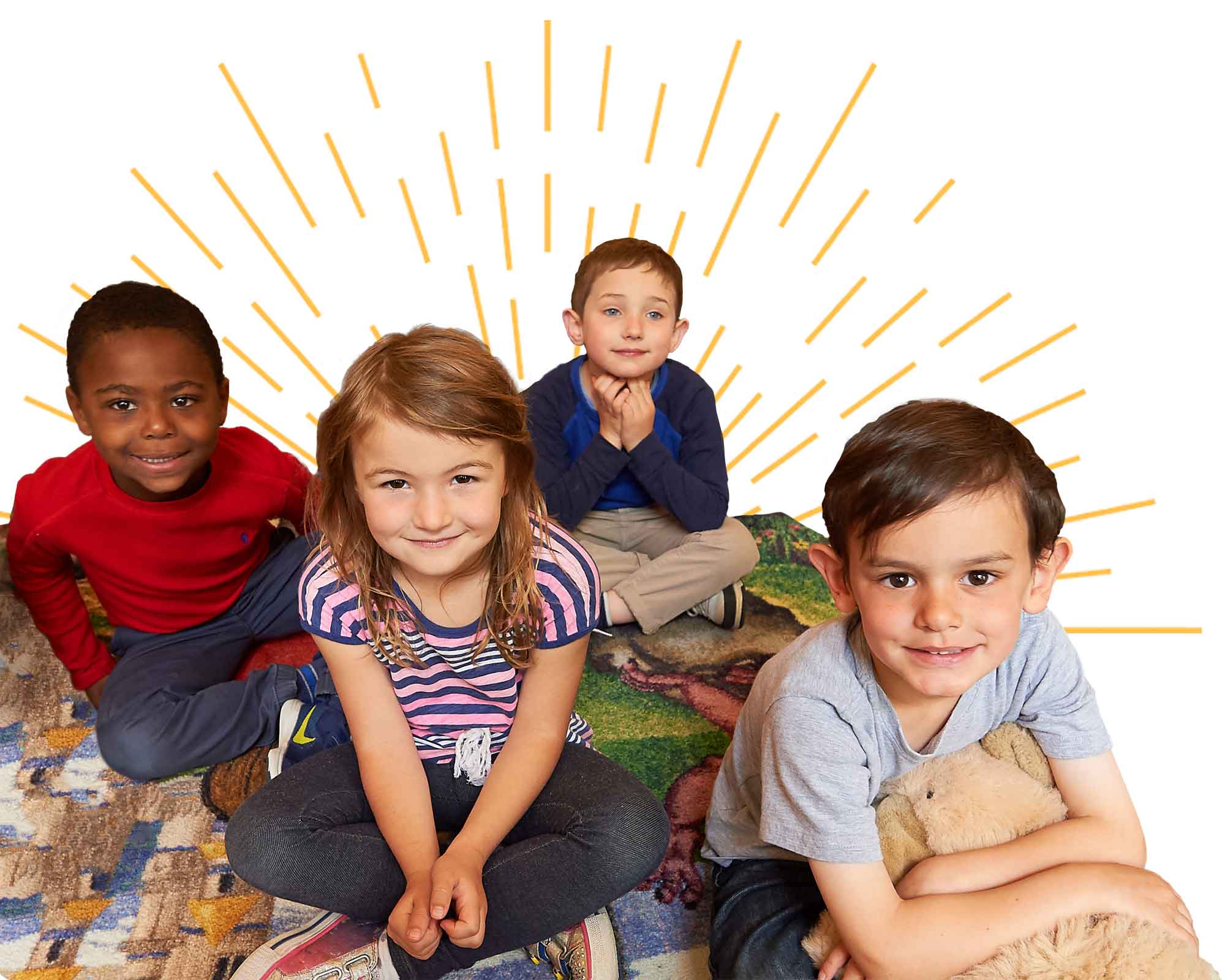- About
- Why ‘Town
- Admission
- Lower School
- Middle School
- Upper School
- Summer Programs
- Academic Calendar
- Athletics
- Arts
- MyWesttown
- Photos
- Support Westtown
- Alums
Westtown’s mission is to inspire and prepare its graduates to be stewards and leaders of a better world. That inspiration and preparation starts in the Lower School where our students begin to see themselves and their place in their communities and in the world.
Our core curriculum grows out of our fundamental beliefs that each child has special gifts and a unique voice, and that children learn best by action and collaboration. We recognize the unique gifts and talents of each child, so we cultivate an environment of self-awareness, reflection, and academic and social growth. Within the core curriculum, we focus on thinking, caring for others, taking risks, speaking, collaboration, researching, and problem-solving.
Academics are balanced by our intentional focus on community and character building. We want students to know that they are each vitally important and to build on that knowledge to realize that what they do collectively is vital as well. Taking social responsibility gives students a confident sense of self and helps them become leaders. They quickly learn that they are one and one of many.
EXPLORE COMMUNITY IN THE LOWER SCHOOL →Westtown School is dedicated to serving the whole child with an unparalleled, integrated approach. Schools often support the cognitive aspects of child development, but we know that if a child is not physically or social-emotionally healthy, their learning and academic success is impeded.
LEARN MORE ABOUT HEALTH AND WELLNESS →Take a walk through our halls and you’ll see and hear how much we value the arts. The walls are adorned with projects made in the art rooms and voices of children singing or practicing a play can be heard in the hallways. We are especially proud of works made by our students in collaboration with visiting artists. Check out the lobby – it’s also an art gallery.
The MooseKids after-school program provides a safe and nurturing environment for children attending Westtown’s Lower School until 6 p.m. Children enrolled in the program have an opportunity to participate in both structured and self-directed activities with the MooseKids staff and other professional enrichment activity providers.
SEE ALL THAT MOOSEKIDS HAS TO OFFER →

Lower School Principal Karyn Payton came to Westtown in 2016 initially teaching first grade, in which capacity she was elevated to Master Teacher, broadening the social studies curriculum to include more diverse voices. Most recently she has served as the Lower School Learning Specialist, notably managing the design and implementation of the new Lower School learning support system. Karyn earned a bachelor’s degree in psychology from Temple University and a master’s degree in education and human development from The George Washington University, both with highest honors, and holds a certification in early childhood education from Widener University. Karyn has completed the Friends Council on Education’s Institute for Engaging Leadership in Friends Schools. Her time before and outside Westtown has included teaching language arts at Delaware Valley Friends School; training teacher interns in the Delaware Valley Friends School Adolescent Literacy Program; teaching first and second grade at the The School in Rose Valley during which she collaborated to create curricula; and, teaching at Friends Select School – of which she is a graduate. A lifelong Quaker and member of Chester Monthly Meeting, Karyn has also coordinated educational programs at Pendle Hill. In her personal statement of philosophy, Karyn speaks of Quaker practices as key influences and inspirations, including holding issues or ideas in the Light, discerning in collaboration with others and in her own quiet time, and leading with intention. She identifies listening and seeking as particularly important practices, calling them “cornerstones of successful teaching and leadership.”
